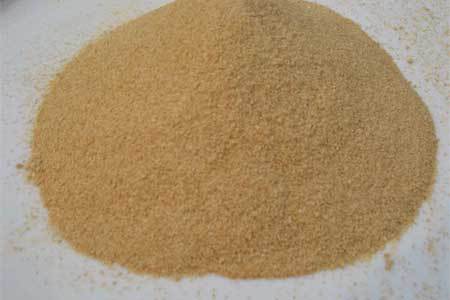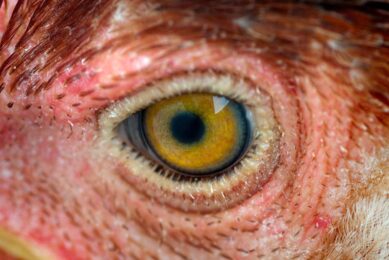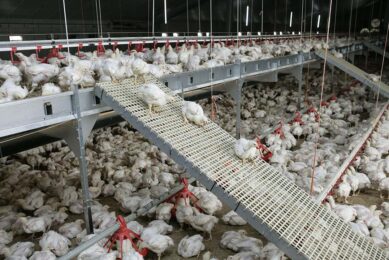Betaine

I have just completed a study on betaine for one of my customers. It appears, betaine has strong potential as an additive in poultry and we shall be seeing more of it in the near future! Nevertheless, the available literature on betaine is rather confusing (isn’t it the case for all additives?)
There are positive studies, and there are not so positive studies; not to mention no-effect studies. Of course, the theory behind it is brilliant. Betaine is a natural methyl donor and a’ strong osmoprotector. It can spare part of methionine and choline (other methyl donors) and help animals cope with water-related stress conditions (dehydration, diarrhea, etc). It can also be a lipotropic agent, causing reduction of backfat to otherwise fatty animals (such as castrates), and it can improve growth performance, and notably feed efficiency.
Right. All of these have been observed, but not consistently. So, I believe there are two major questions we need to address regarding practical use of betaine in poultry dies:
1. How much of the methionine and choline can we replace with betaine? Or rather, how much do you dare (!) replace?
2. What are the conditions under which we can expect betaine to improve animal performance (including growth, feed efficiency, and carcass traits)?
I would be glad to read your comments and experiences!
Join 31,000+ subscribers
Subscribe to our newsletter to stay updated about all the need-to-know content in the poultry sector, three times a week. Beheer
Beheer








 WP Admin
WP Admin  Bewerk bericht
Bewerk bericht